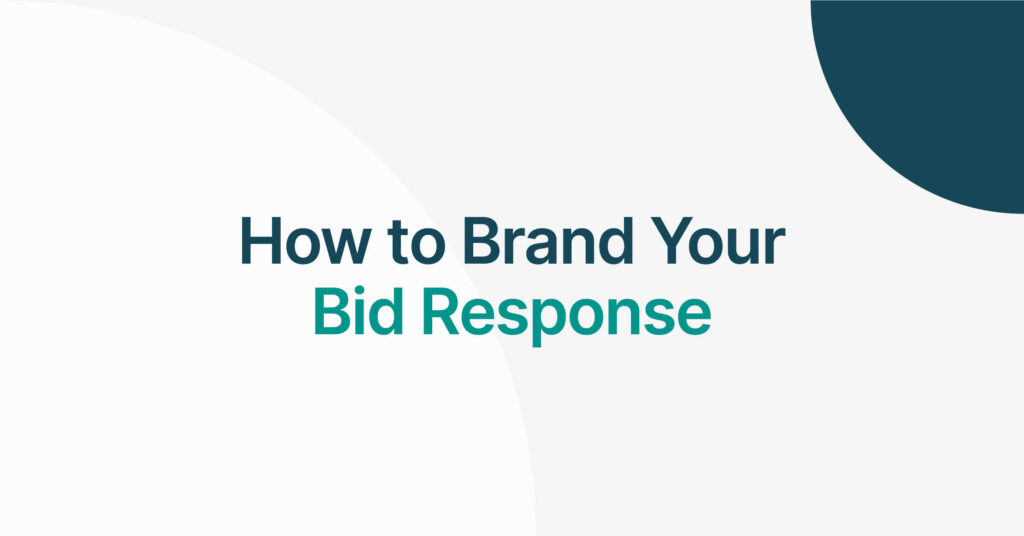Tendering Support – To Bid or Not to Bid
Tendering support – To bid or not to bid
Tendering for work is one of the most common, most effective and hence most important business development streams. Tendering for work allows businesses of any size to increase their revenue and overall presence in their market. One of the biggest mistakes when responding to a tender is that a lot of suppliers don’t always put strategic insight into their decision-making process.
Tendering is a complicated business, and unless you tread carefully, do your research and put in the work, you might be left having wasted time, money and resources. Hence, before embarking on a bidding for work, it is important that you have in place a bid decision-making process, making sure that you are going for an opportunity that is right for you, that you can deliver and that is worth your time and energy.
Unfortunately, you can’t just bid for any job and expect to be successful. It takes a lot of time, resource and in most cases, money – in order to achieve growing success. It is not wise to jump in and bid for any and every opportunity, there are a lot of things you have to consider, namely:
One – Experience
If you haven’t delivered work that is of similar scope, similar size or of similar value – then your technical and professional capability will be much harder to convey.
Buyers are not just looking for you to tell them if you can do the work, and how you will deliver it, but crucially they need to see that you have a proven track record of delivering similar contracts.
Unless you have at least a handful of detailed case studies complete with values, dates, your duties, actions, challenges you faced, lessons learned and outcomes achieved (at a minimum) then you probably have some work to do before it is worth your while going for a contract.
Indeed, experience is key when tendering, especially in PQQs – where you have to usually demonstrate your capabilities of delivering the contract at hand by evidencing past experience.
In one way or another, you need to make sure that you have undergone projects that are similar to the work you are bidding for. If you find that you are wanting to deliver a new service or deliver an existing service in a new sector or market – then there are alternative routes that are available, and tendering is not always the best one.
Two – Is it worth it?
You need to make sure whether a contract is financially worth your while before your pour time, energy, personnel and resources into bidding for it.
Consider whether delivering the work would involve travel and additional expenses that might place an undue burden on your time.
Indeed, we have seen many cases of companies winning jobs that end up almost causing them to lose money due to the expenses associated with delivery on their part, such as transporting 20 contractors from London to Kent, and back again, every day.
At the end of the day, there’s no point in spending a lot of time on an opportunity if it’s not financially viable.
Three – Have you got your content in order?
Or in other words – are you Tender Ready . In a similar way to having fully developed case studies to showcase your experience, you need to have the rest of your corporate literature in order before embarking on a bid for work. Ask yourself, have you got your experience written up into detailed case studies?
Are your team profiles and CVs fully developed and branded consistently?
What about your policies, procedures, methodologies and processes? Having these written up, checked thoroughly and prepared in advance will save precious time and resources when it comes to tendering, allowing you to adapt each document to the requirements of a specific contract.
By putting together boilerplate responses, i.e. standardised responses, this allows you to draw on a bank of information that you know is already accurate, informative and ready to go.
Four – Time and resources
You need to consider whether you actually have the in-house resources to complete a bid to a standard that will do justice to the services you offer. It is vital to make sure you have personnel capable of completing the bid to a high standard, as well as enough time to read the contract requirements in detail, respond accordingly and check your responses thoroughly. However, we know how difficult this can be, and we are here to help.
If you require any support with your tendering efforts, need a second pair of eyes to check your submissions, are pushed for time, have never tendered before, or want some free advice – make sure you get in touch with our dedicated Bid Consultant Team today and find out how we can help you.








